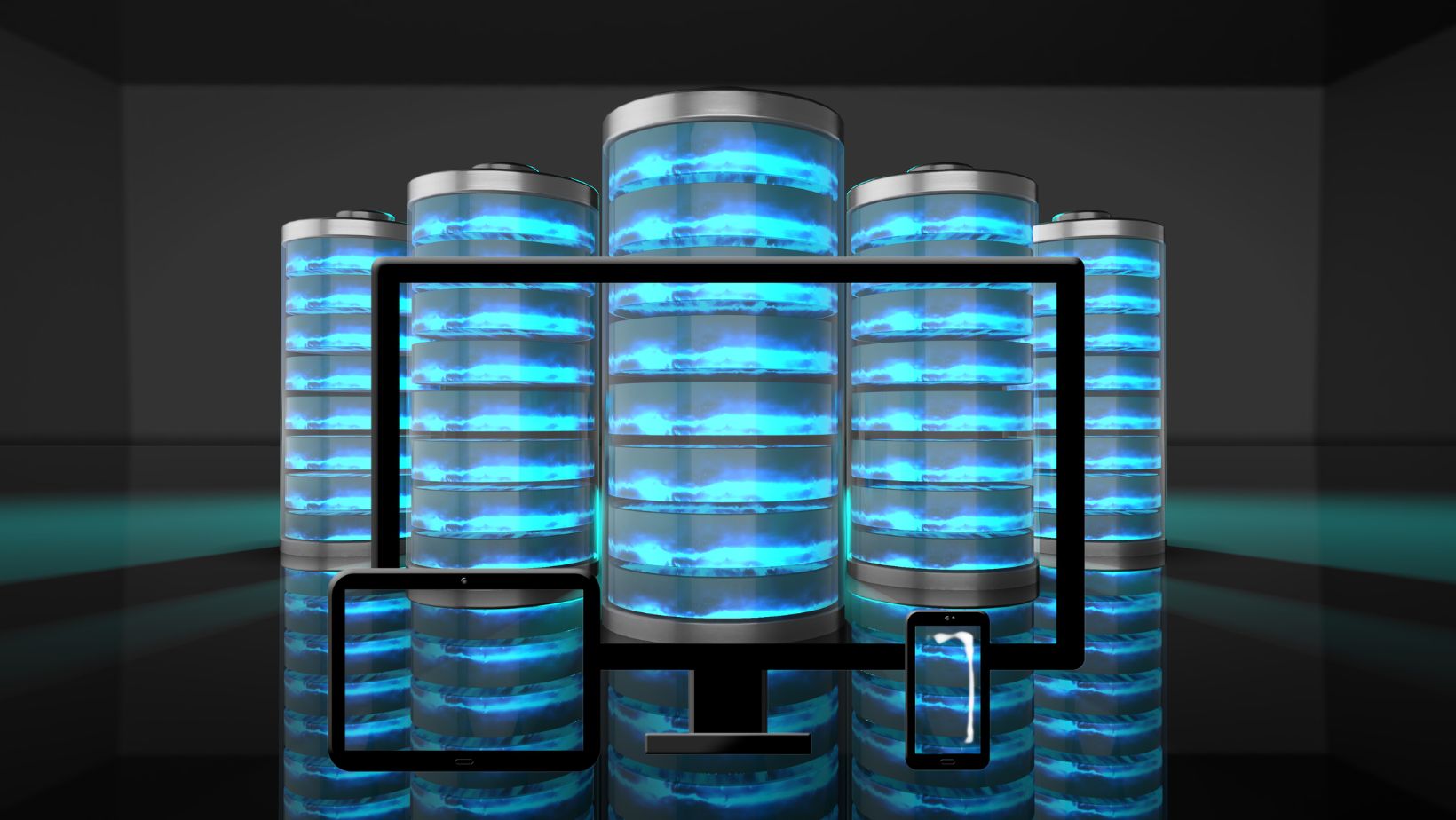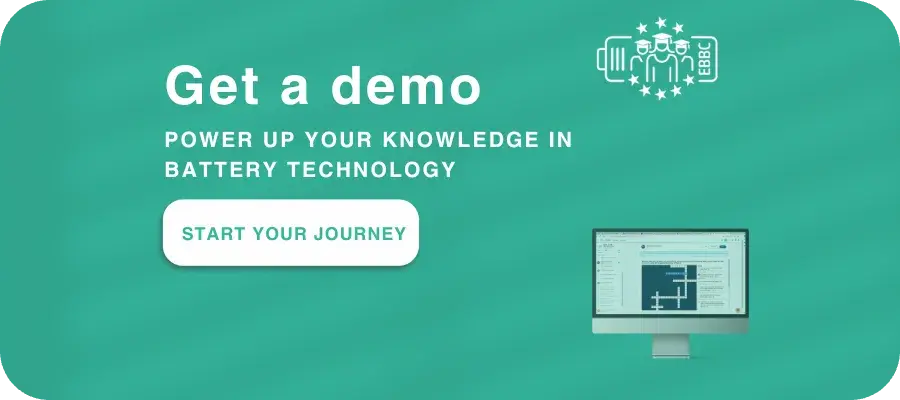Welcome to the world of battery life – a realm filled with myths and misconceptions. Have you ever wondered if charging your phone overnight damages the battery? Or if closing apps really saves battery life? These common questions represent the numerous myths surrounding the lifespan and maintenance of batteries in our everyday devices.
In this blog, “Understanding Battery Life: Myths vs. Facts,” we’re setting the record straight. Our goal is to untangle the truth from fiction, providing you with reliable information to help you make the most of your devices’ batteries. Let’s embark on a journey of discovery and debunk some of the most persistent battery life myths!
Common myths about battery life
Myth 1: Overcharging damages your battery
One widespread myth is that leaving your device plugged in overnight will overcharge and damage the battery. Modern devices are smarter than that – they’re designed to stop charging once they reach full capacity.
Myth 2: Closing apps saves significant battery
It’s a common belief that constantly closing apps on your smartphone saves battery life. However, in reality, frequently opening and closing apps can use more battery than leaving them running in the background.
Myth 3: You must fully drain the battery before recharging
Many believe that you should let your device’s battery drain completely before recharging. This was true for older nickel-cadmium batteries, but modern lithium-ion batteries perform far better with partial discharges.
Facts behind overcharging
Modern lithium-ion batteries are equipped with built-in circuits designed to prevent overcharging. These circuits play a crucial role in battery health and longevity. When the battery reaches full charge, the circuit intervenes to stop additional power from being added, thus safeguarding your battery’s health. This not only prolongs the battery’s life but also mitigates risks associated with overcharging, such as overheating, potential swelling, and even the rare possibility of combustion. Furthermore, these advanced circuits help maintain the battery’s optimal performance over time, ensuring that the device it powers runs efficiently and reliably.
Proper battery charging practices
Contrary to popular belief, constantly closing apps can be counterproductive. Most smartphones are designed for optimal energy management, and frequently restarting apps can actually consume more power.
Modern batteries benefit from partial discharges rather than full ones. Completely draining a lithium-ion battery can harm its longevity, so charging it before it completely dies is advisable.
Optimal charging habits
Avoid extreme battery levels. Charging your phone when it drops to 20-30% and unplugging it before it reaches 100% can extend battery life.
Temperature considerations
Keep your device out of extreme temperatures. Both excessive heat and cold can negatively impact battery performance and lifespan.
Regular updates and usage patterns
Keep your device updated, as software updates often include battery optimization improvements. Also, be mindful of your usage patterns – excessive use of high-power functions can drain the battery faster.

Next-gen innovations on the horizon
The future of battery technology is brimming with potential. Innovations like solid-state batteries promise higher energy densities and faster charging times. Developments in nanotechnology and battery management systems are set to enhance battery life and efficiency further, marking a significant leap in how we power our devices.
Conclusion: Embracing the realities of battery life
As we’ve seen, many common beliefs about battery life are more myth than fact. Remember:
- Modern batteries have mechanisms to prevent overcharging.
- Frequent closing and reopening of apps can consume more battery.
- Partial discharges are healthier for today’s batteries.
By understanding these truths and applying best practices, you can optimize the battery life of your devices. Let’s look forward to the exciting advancements on the horizon and make the most of the technology we have today.
You want to learn more battery basics? Sign up for the EBBC!




